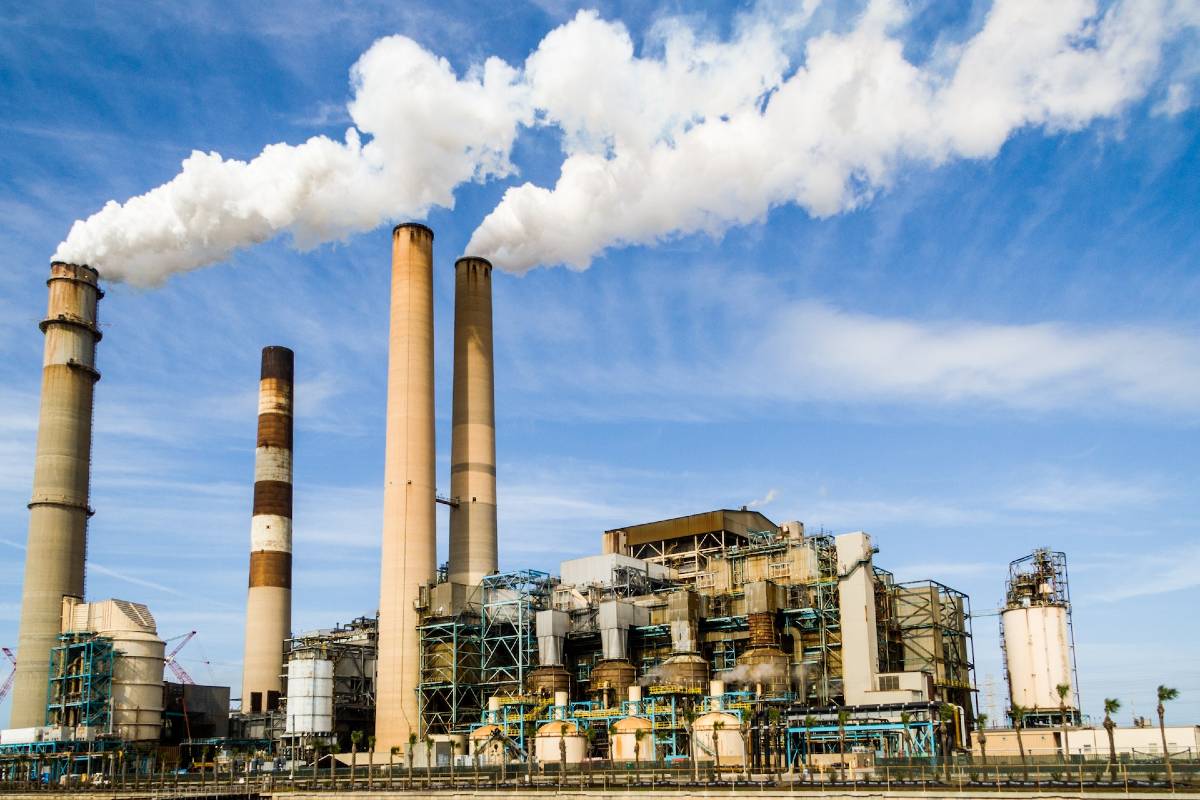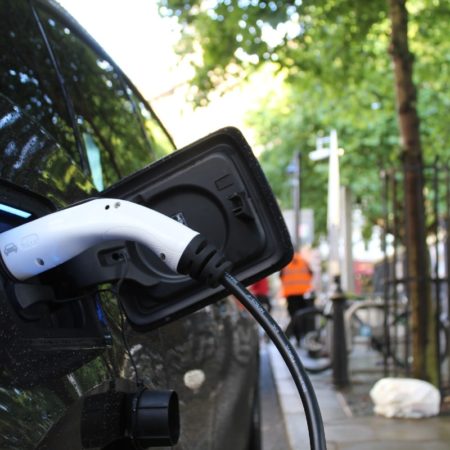20 different projects around the UK are currently waiting to hear if they will be part of the next stage of the government’s CCUS plan. But what is CCUS, and why is it so important to the government’s net zero strategy?
Carbon capture, utilisation and storage (CCUS) is a technology for reducing the greenhouse gas emissions from certain processes. The term “CCUS” actually refers to a variety of possible processes, but they have one thing in common: capturing carbon emissions that would otherwise go into the atmosphere and contribute to global warming.
CCUS might involve capturing CO2 from a factory chimney or directly from the air. Then that captured carbon might be stored, transported or put to other uses (such as being a feedstock in chemical processes.)
World-leading ambition
The Ten Point Plan for a Green Industrial Revolution, launched in 2020, set out the ambition to capture and store 10 million tonnes of carbon dioxide a year by 2030. By the time the government published its long-awaited Net Zero Strategy in 2021, this target had been increased to 20-30 million tonnes per year.
So far no single country has captured the CCUS market, but the Ten Point Plan hints that the UK could be the one to achieve this because of our “unrivalled asset” – the North Sea. Potentially, the seabed could become a location for storing captured carbon.
The plan is to deploy CCUS in two industrial clusters by the mid-2020s, then expand to four sites by 2030.
Why CCUS?
The government’s Industrial Decarbonisation Strategy describes CCUS as “crucial to reaching net zero”. The Climate Change Committee has also emphasised the importance of CCUS for the transition to a low-carbon economy. This is because it represents a pathway for energy-intensive industries such as cement and steel to remain competitive while still reducing their emissions.
The International Energy Agency (IEA) says: “Emissions from cement, iron and steel, and chemical production are among the most challenging to abate.” Key industrial processes require high-temperature heat, and the non-fossil-fuel alternatives to this are not yet developed enough. Other processes create emissions through chemical reactions, so these emissions cannot be avoided by switching to greener fuels. This is why CCUS, to capture and use or store those unavoidable emissions, is seen as such an important tool for greening industry. The IEA describes it as “one of the most cost-effective solutions available for large-scale emissions reductions” in an industrial context.
CCUS is also a key element of the UK’s hydrogen strategy. The government has committed to a “twin-track” approach, where it will source both green hydrogen from electrolysis and so-called “blue hydrogen”. Blue hydrogen is produced from steam methane reformation, a fossil-fuel-intensive process. It can only be described as low carbon because of the addition of CCUS to reduce emissions. If the government’s clean hydrogen strategy is to include hydrogen sourced from methane, CCUS is vital.
What now?
In October 2021, the government announced which industrial clusters had been chosen for “Track 1”, the first phase of the CCUS programme. These are the Hynet North West programme, spanning north-west England and north Wales, and the East Coast Cluster in the Teesside and Humber region.
The government is now considering its options for Track 2. It has shortlisted 20 projects, representing a range of technologies, and will now be assessing them against a range of criteria.
A report for the Carbon Capture and Storage Association released last year found that scaling up CCUS could create up to 50,000 new jobs, especially if the UK secures early mover advantage. It would also help to protect existing jobs in high-emitting industries as the UK transitions to a low-carbon economy. This clear economic benefit is one of the reasons why the location of the industrial clusters has become a controversial political issue. It is not yet certain how the CCUS strategy will be implemented in practice, but it is clear that it will be an increasingly important part of our economy as we move further down the road to net zero.























